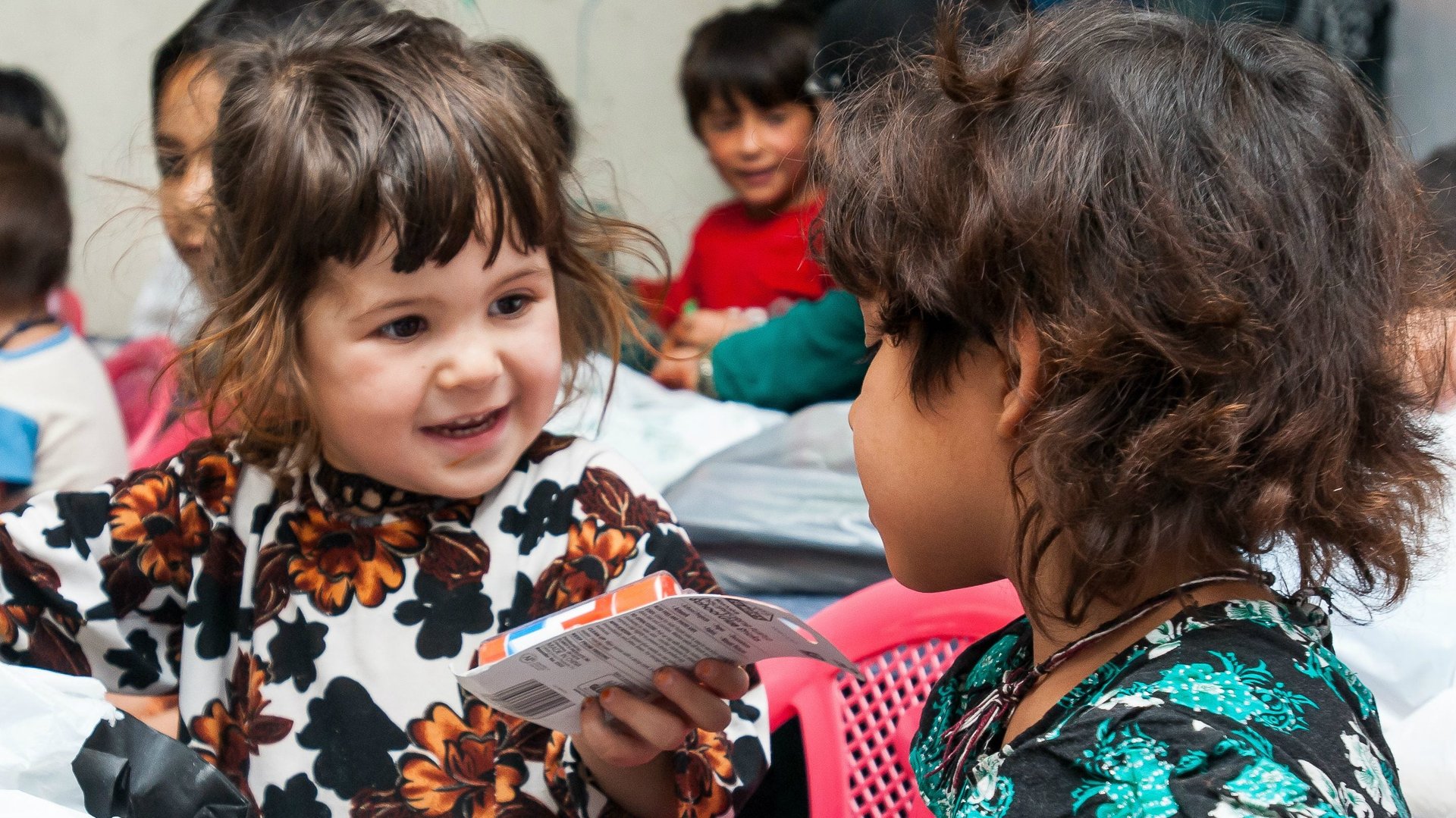Study: Five-year-olds who play well with others are more likely to be successful adults
Children as young as five who are more cooperative and have better social skills have a better chance at success later in life, according to a study published last week in the American Journal of Public Health. They are also less likely to be arrested or appear in court by the time they’re in their mid-twenties.


Children as young as five who are more cooperative and have better social skills have a better chance at success later in life, according to a study published last week in the American Journal of Public Health. They are also less likely to be arrested or appear in court by the time they’re in their mid-twenties.
Damon Jones and Mark Greenberg, from Pennsylvania State University’s Bennett Pierce Prevention Research Center, and Max Crowley, from Duke University’s Center for Child and Family Policy, studied 753 children from kindergarten until approximately age twenty-five, to show the importance of “prosocial skills,” or “voluntary behavior intended to benefit another” (PDF), at a young age.
In 1991 teachers evaluated kindergarteners on a scale of 1 to 5 on how well they interacted with others, including measures like: “cooperates with peers without prompting”; “is helpful to others”; “is very good at understanding feelings”; “can give suggestions and opinions without being bossy”; and “resolves problems on own.”
For the next nineteen years, information was collected on these students across areas of education, employment, criminal justice, substance use, and mental health. The researchers found statistically significant correlations between prosocial behavior at five and completing a college degree and being employed full-time as a young adult. Conversely, a lack of social competence predicted the number of arrests for a “severe offense,” as well as the number of days binge drinking in the month prior.
For every one-point decrease in a child’s social competence score in kindergarten, he or she had a 64% higher chance of having spent time in juvenile detention at some point later in life.
The research was funded by the Robert Wood Johnson Foundation, with information gathered from the Fast Track Project, which provides services to students identified as being at high risk of aggression. The project includes control groups of high-risk students who did not receive services, as well as non-high-risk students, and the researchers drew from these latter two. The sample was 58% male, and 50% white, 46% African-American, and 4% from other racial and ethnic backgrounds, with students from Durham, North Carolina; Nashville, Tennessee; Seattle, Washington; and central Pennsylvania.
Although the researchers admit that they have not shown a causal link between social competence and these markers of success, researchers said the findings highlight the importance of early learning programs, and focusing those programs on building social skills.